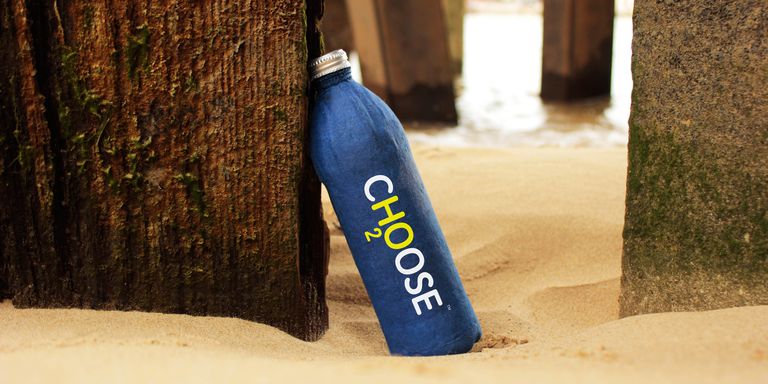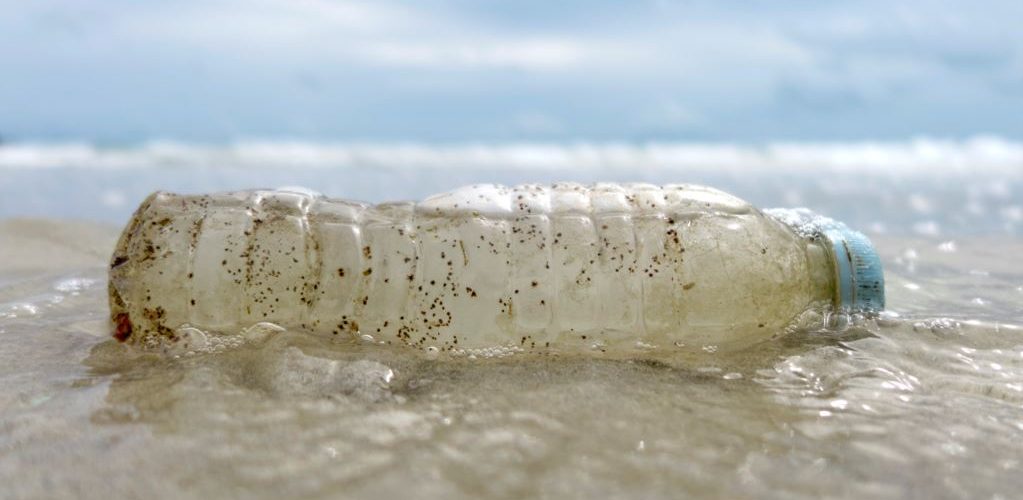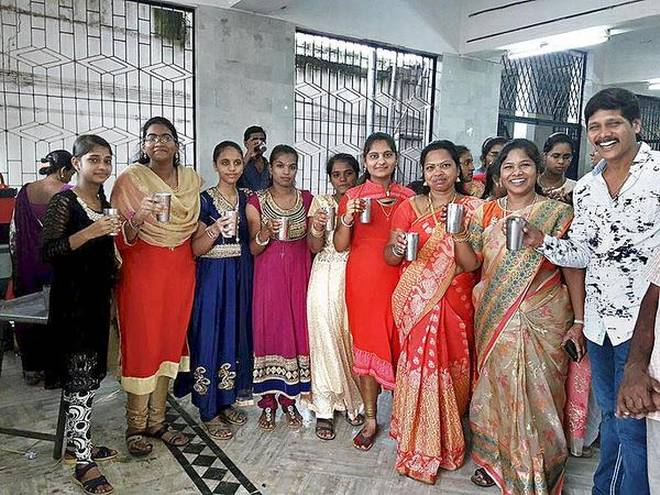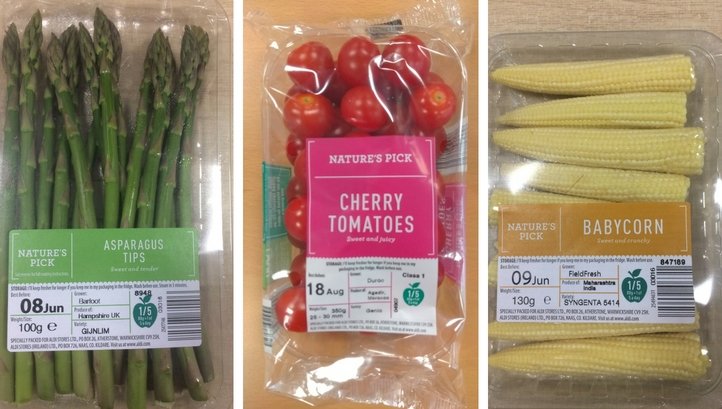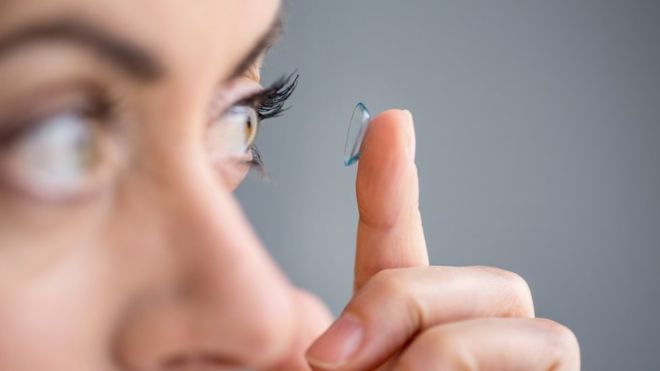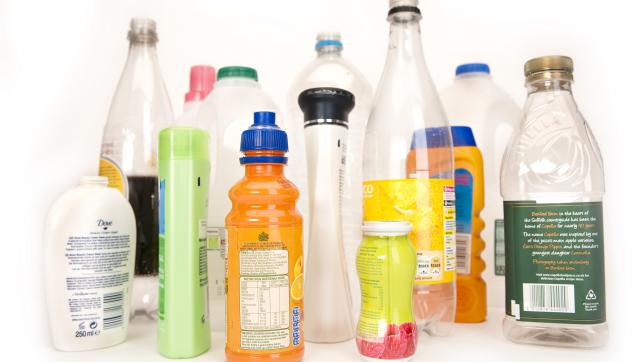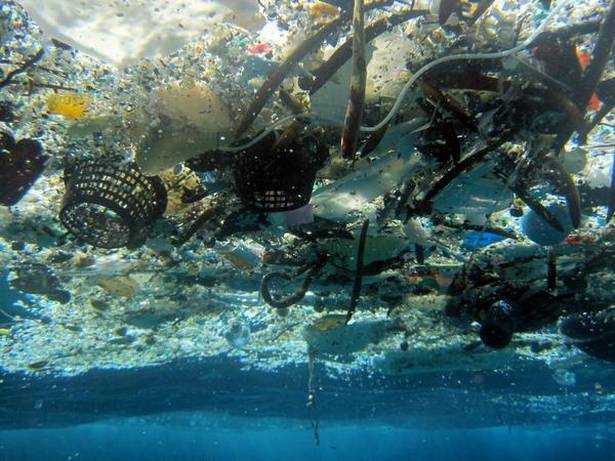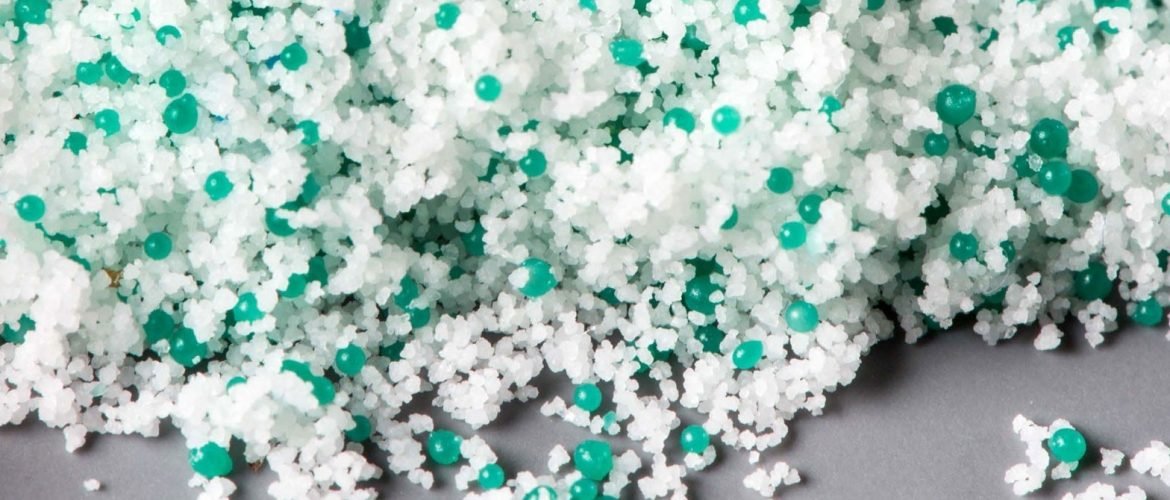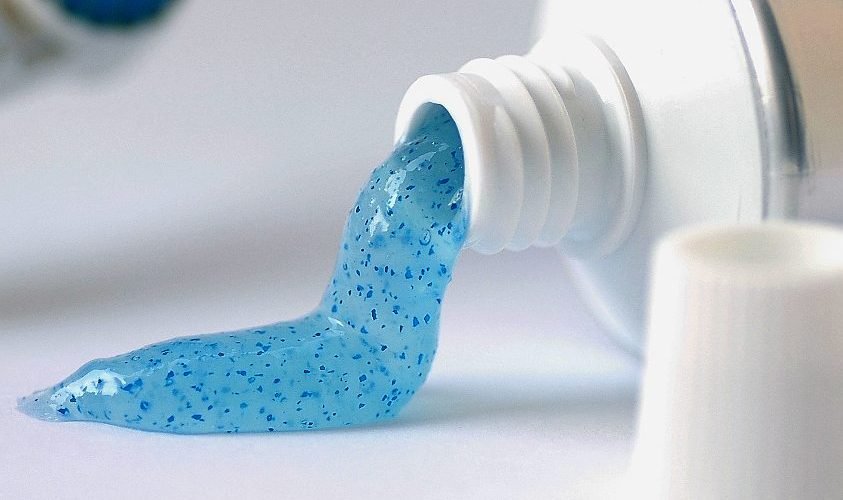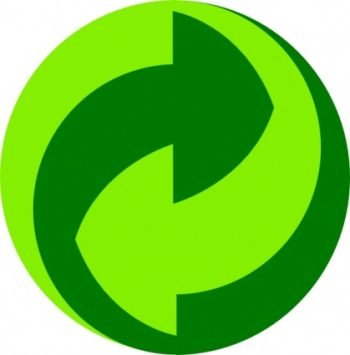One of the worst culprits of single-use plastic waste are plastic water bottles that are discarded as soon as the drink has been finished. According to campaigners, Ban the Bottle, plastic water bottles can take between 400 and 1,000 years to decompose. Furthermore, it takes three times the amount of water to produce a plastic bottle than it does to fill one. But many clever and eco-conscious people are coming up with great ways to combat the problem. One of these is
For the millions of sun seekers who head to Thailand’s resort island of Phuket each year in search of stunning beaches and clear waters, cutting down on waste may not be a top priority. But the island’s hotel association is hoping to change that with a series of initiatives aimed at reducing the use of plastic, tackling the garbage that washes up on its shores, and educating staff, local communities and tourists alike. “Hotels unchecked are huge consumers and users of single-use
To ensure strict adherence to the norm, hefty fine is collected from violators Heaps of disposable plastic plates, and plastic glasses, water bottles and sachets strewn all over are a common sight post an event at function halls, marriage venues, and on roads as well. With extensive use of plastics becoming the order of the day, such venues not only present a revolting sight but also pose a challenge to the civic staff and other workers engaged in the task of
Discount chain Aldi is switching a range of its fresh produce packaging from hard-to-recycle black plastic to clear, recyclable alternatives, in a move that is set to save around 265 tonnes of plastic a year. The supermarket has announced that it will introduce the new plastic trays to six of its fresh fruit and vegetable lines by the end of this month, as it strives towards a 2025 goal of ensuring all of its own-brand packaging is recyclable, reusable or compostable. Aldi
Researchers in the US have been investigating the final journeys taken by disposable contact lenses. They found 15-20% of US users simply flick these fiddly lenses down the drain via the bathroom sink or toilet. The Arizona State University study suggests that much of the plastic material then ends up in waste water treatment plants. The lenses are consequently spread on farmland as sewage sludge, increasing plastic pollution in the environment. Around 45m people wear contacts in the US, while rates in other countries
In recent years, the concept of extended producer responsibility (EPR) has caught on, first in Europe in the 1990s and since then in the rest of the world, including the U.S. The concept is relatively simple: Companies that make consumer goods are given responsibility for managing their products and packaging at their end of life. The concept, as the Journal of Cleaner Production points out, is to turn what was formerly waste “into the ‘food’ for industry and the next
Plastic used in everyday objects from bottles to packaging emit greenhouse gases when exposed to sunlight, according to a study released on August 1, as global concern about its impact on the world’s oceans grows. Plastic pollution has come under increased scrutiny from environmentalists as the scale of the problem has become clear – this year it emerged that a giant island made up of plastic waste in the Pacific Ocean was far larger than thought. Now scientists have discovered that commonly used plastics
Next time, You see a body scrub with a shiny and velvety look, please remember, if it does not say natural exfoliating products, it is nothing but all plastics in the bottle of cosmetics. Microbeads are plastic particles that are between 1mm and 1 micron in size and are found in all ranges of cosmetic products today. Microbeads came into existence during the World War II after the natural rubber was in short supply and extensive research was being developed
Are we bathing with plastics? Next time You use facewash and see Polypropylene, Polyethylene, polyethylene terephthalate, polypropylene methacrylate on any of the Products please understand, You are bathing with Microbeads and Please be beware You are adding Microbeads to the Oceans, Waterways and to Nature. As per NOAA, Microbeads are plastic particles that are between 1 mm and 1 micron in size and can be very harmful to the ocean and aquatic life. Birds, Aquatic Oceans can think of Microbeads as
When you buy Food in Europe, Please Beware of the Green Dot on the item. It is different from the Green Dot thta is used for marking vegetarian food in India. Green Dot as many people have seen on the food packaging in India is very different from the financial symbol that is used on the packaging material in around 146 countries of the world. Der Grune Punkt or The Green DOT is a packaging symbol telling users that the


